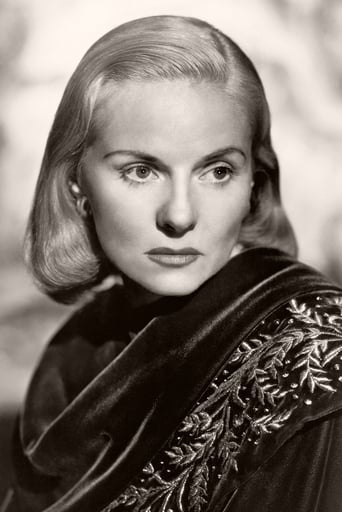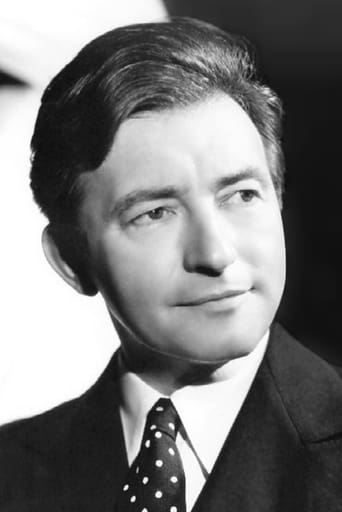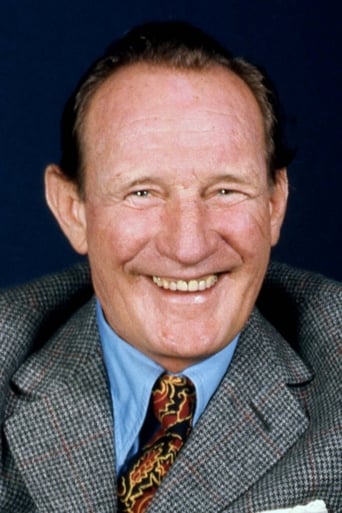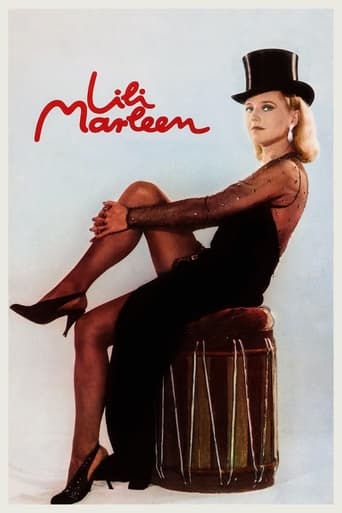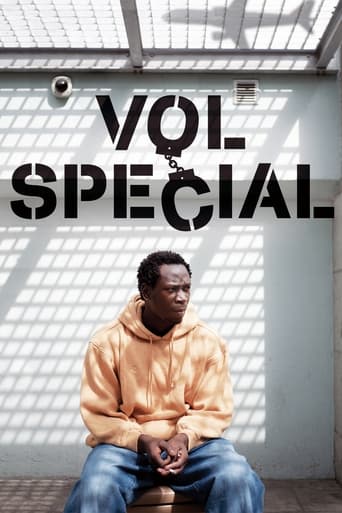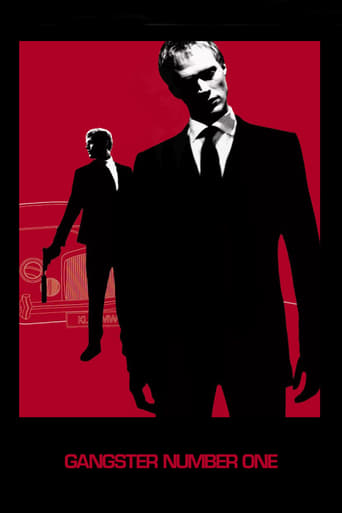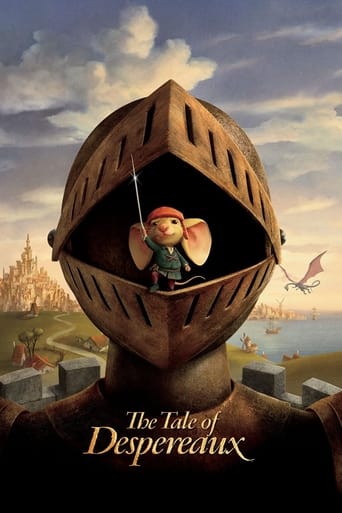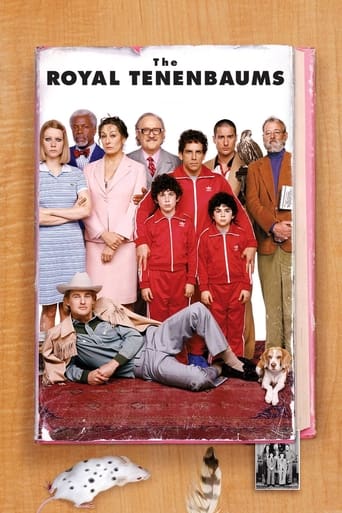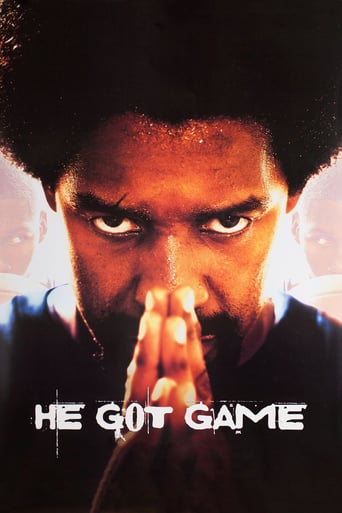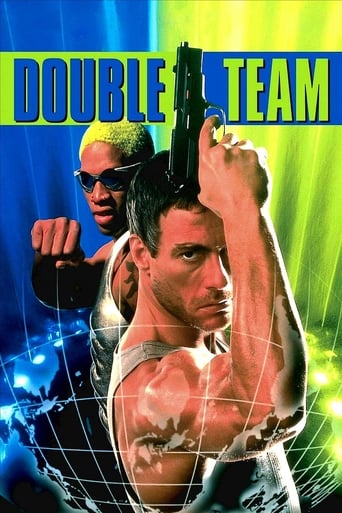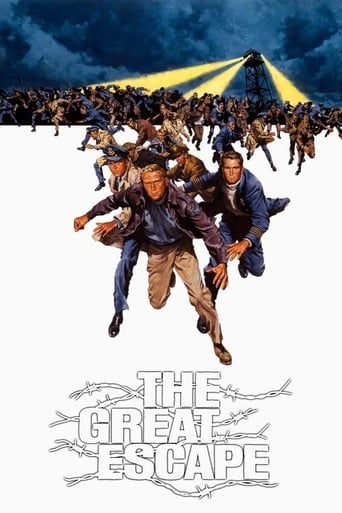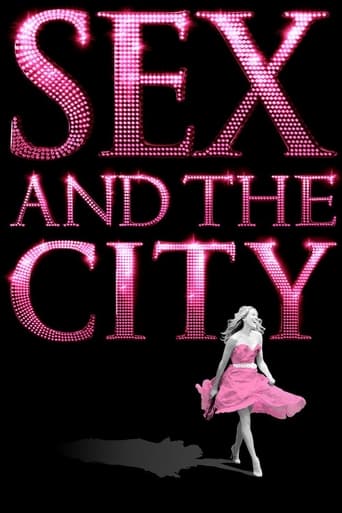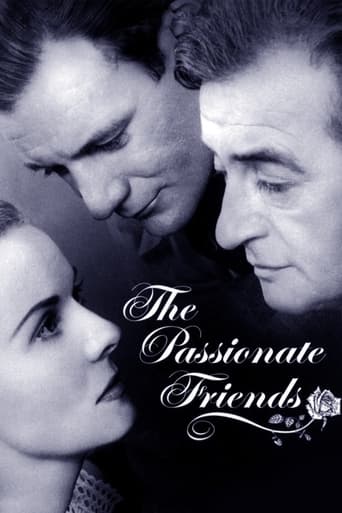
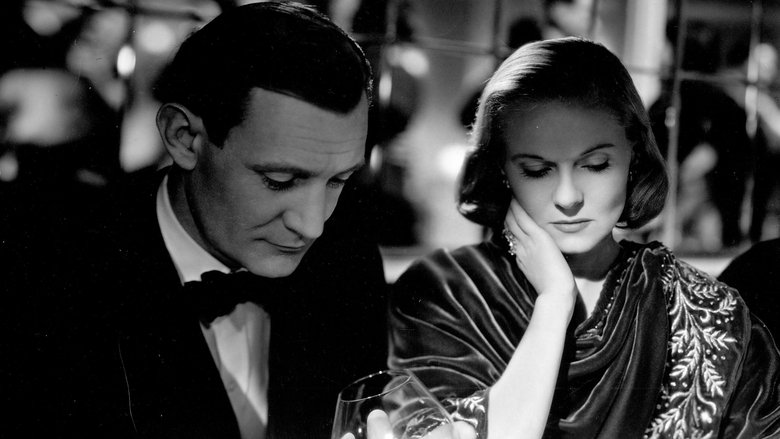
The Passionate Friends (1949)
A woman is torn between the love of her life, who is married to someone else, and her older husband.
Watch Trailer
Cast


Similar titles
Reviews
I hear David Lean married his star Ann Todd during the filming of this flick so that would explain the inordinate number of grueling close-ups of the ever suffering Mary in this long drawn-out soapy melodrama.Mary loves Steve and vice-verse but she wont marry him because she wants to be herself or whatever and she is last seen fleeing the scene. The movies begins at a ball in or around 1948 then a flash-back to another ball 1938-39 new years, then a flash-back within a flash-back at scenes of love and love. Confusion ensues, at least for me because I'm not sure if it's suppose to be circa 1948 or flash- back #1 or #2. Anyway, Mary ends up marrying much older but ironically filthy wealthy banker Claude Raines (bad toupee) because she likes his money and their twin beds.Then she meets Steve again and loves him again and they have an affair and she is gonna leave Claude for Steve but doesn't but then he wants a divorce and she doesn't and then he kicks her out of the mansion and she goes down the near-by tube station to plunge herself in front of a train but Claude miraculously appears and saves here and they go off to the mansion and I guess live miserably ever-after (meanwhile Steve has married and has two kids and seems happy or not, I'm not sure). I never heard of this film before (no wonder) and only watched it on FilmStruck because of David Lean. Well, you can't win them all.
This film is one of the highest peaks of David Lean's achievement as a director, and possibly it owes something to the fact that he married its star Ann Todd in the same year, which may have helped him elicit her supernaturally radiant performance. Four years earlier, Lean had made 'Brief Encounter', but this film, again with Trevor Howard as the romantic male lead, far exceeds the earlier work in subtlety and genius. Every frame is lovingly composed, and the film is a cinematic masterpiece which can stand beside any Visconti work for comparison. Three future directors worked on the film: Ronnie Neame as producer, Guy Green as Cinematographer, Clive Donner as an editor. There were three editors, and whoever was responsible for it, the final editing is a work of the highest genius. The cinematography by Guy Green and camera operating by Ossie Morris are as good as they get. Everything combined to make this film a triumph and a true work of art. The three stars, Trevor Howard, Ann Todd, and Claude Rains, all excel themselves as they enact this intimate study of a love trio, as if we were standing invisibly beside them and could see it happening, without their being aware of our presence. The tale is drawn from a novel by H. G. Wells. The novel was made into a silent film in 1922 by the famous British director, Maurice Elvey, but it is doubtful that a print of it survives, and I have never heard of anyone who ever saw it. Eric Ambler wrote the screenplay for the Lean version, with immense subtlety. The only one of the three main characters who does not have a major character flaw is Trevor Howard, who is the unfortunate emotional victim of the other two. Ann Todd's character flaw is like an invisible crack in a Ming vase: you can't see it, but the value is immeasurably lowered, as she keeps trying to warn Howard, who cannot believe it: 'My love is not worth much,' she says, and he does not hear her. She has running through her the most abject streak of cowardice, nearly impossible to detect except in extremis, but which reduces her to the status of what one would find for sale at a discount in a cracked china shop. (There used to be such a shop in the King's Road in Chelsea.) Ann Todd shines and is deeply loving and 'true', but repeatedly collapses at the crucial moment and betrays herself every time. This film should really be shown to psychology students (that is, if they could stop studying rats and take an interest in humans). Claude Rains's character flaw is a total denial of love and feeling, as he is convinced he can live without them, that they are unnecessary indulgence. Well, you can imagine the complications. Or perhaps you can't. Better to see the film. In fact, everyone should see this film who has any sensitivity, while those without sensitivity should avoid it, as they will not understand a single thing. What is evanescent is invisible to those with dull inner sight. Psychologically speaking, we have here the intricate elucidation of an invisible character flaw in a woman who appears perfectly normal, warm, glowing, and delightful. Ann Todd's performance is perfectly judged, as it is the very invisibility of her flaw that provides the emotional shock value for the film, and its importance as a lesson to us in human imperfections.
It's easy to associate "The Passionate Friends" to its detriment with "Brief Encounter"; in its voice-over/flashback structure, in its themes of suicide and adultery, and of course in the casting of Trevor Howard. But in a sense -- although not, unfortunately, an entirely successful one -- in a sense, the later film is an attempt to do something very different with this source material. At the most basic level the two pictures have virtually nothing in common: "Brief Encounter" is a story of renunciation and unselfishness, of ordinary lives in an unromantic setting, of heartbreak from a painfully honest narrator. "The Passionate Friends" (a title never really explained) revolves ultimately around selfishness and self-deception, lavish trappings and a shallow surface gloss epitomised by the cheesy 'Swiss' tourist music that backs the initial establishing shots.Mary's swelling soft-focus memories of her grand passion are deflated by jarring little jabs from the director, in what I suspect is intended as an alert to the viewer that her romantic-seeming situation is not quite what it seems -- in effect, she is an unreliable narrator, and the pay-off comes when she perceives, finally and appallingly, what she really is and what she has done. It is a climax worth waiting for, but it is slow to arrive; and the subtle wrongness in the love affair, the self-dramatisation and lack of authenticity (whether or not these are deliberate attempts to undermine her presentation of events, as hindsight suggests they may be) until then tend to come across simply as unconvincing story-telling.It is never clear just what Mary means by her assertion that she wants to belong to herself and not to any lover. By the end, however, it is all too apparent that this mantra, reminiscent of the "Can't tie me down, babe" slogans of the (male) serial shaggers of the Sixties, is every bit as self-indulgent a female pose. She is in love with the idea of being in love: playing at it, day-dreaming transgressions. But when reality strikes, the whole game is exposed as a silly, hugely destructive fantasy.After the first showdown with her husband (which we are specifically, and with hindsight, significantly, not allowed to witness), she warns Steven that she is not truly a good person to love. We -- and he -- do not then either understand or believe her; but she is right. She is not prepared to give herself, in modern parlance to 'commit': but she will not let go either.The trouble for me is that for most of its running length the film seems to be simply a somewhat off-kilter account of an adulterous affair, over-ponderous, with clumsy use of music and heavily ironic dialogue. (The cinema audience, young and out for a good time, spent rather more time giggling than I assume the director intended.) The cinematic tricks that are present, such as the abrupt cuts in the taxi scene, the nested flashback structure, or the montage of advertisements in the Tube station reading "Keep Smiling", "Strength" and "Saved", too often seem awkward or labouring the obvious. If the idea was indeed to subtly undermine audience preconceptions, it doesn't really work -- there is no equivalent here to the stunning shift in perception that exists between the opening sequence of "Brief Encounter" and the final unwinding of the flashback. As the ambiguous Mary, Ann Todd is a strangely elusive presence. The character is at the heart of the plot and has the lion's share of screen time, and yet most of that time it's hard to get a grip on her beyond the superficial. I'm still not sure whether this is an intended result of the acting and/or direction, or a flaw in the film.Trevor Howard carries off the role of the unfortunate Steven with angular charm and provides the requisite sense of bewildered decency; but as others have rightly remarked, it is Claude Rains, in what might appear a largely peripheral role, who steals the show. Rich, older, physically unprepossessing, and mildly affectionate towards his wife when he can spare a moment from the financial markets, Howard Justin is the face of moneyed security versus the romantic passion promised by Mary's once-and-future lover, and as such represents the trappings of a marriage of convenience rather than an actual human being. But almost from the beginning we are made aware that he is neither unintelligent nor unobservant; later we discover that he is not as complaisant as the other couple have assumed, and finally, that he can be hurt -- and can love -- as deeply as any other man. Over a mere handful of scenes in the course of the film Claude Rains manages to convey more tension and real emotional presence than anyone else, and it is this contribution that makes the final twist both plausible and satisfying."The Passionate Friends" is not the great film that I feel it is perhaps trying to be; but it is certainly not an abortive carbon-copy of "Brief Encounter". The resolution of the film is starkly effective and is worth sitting through a glossy and rather uninspired beginning for: as a whole, it can be seen as an honourable failure.(Edit: for what it's worth, in the month since I saw this film I haven't been able to get it out of my head...)
For The Passionate Friends David Lean treads similar ground as he does in his masterpiece, Brief Encounter, although here the source material is an HG Wells story as opposed to a Noel Coward play.The post-war Lean, with his attention to psychology and emotions, handled these stories of problematic romance brilliantly, and The Passionate Friends is a great example. We open with clouds and snow-capped mountains, a holiday location that foreshadows Lean's Summertime (1955), straight away giving us a sense of dreaminess and soaring emotions.This is Lean at his most psychological and expressionist. The sound and imagery is always calculated to mirror feelings – like the abruptness of the plane wheel touching the ground when Claude Rains returns from his trip abroad. The acting really supports this too. Considering it's a story about a love triangle, a large amount of the story is told through scenes in which one of the three principal characters is alone, or at least unobserved, and the actors convey inner thoughts through subtle expressions and gestures.Also, like the bulk of Lean's pictures from this era there are references to the war and the impact it had on British society. It's probably no coincidence that the decision was made to set the flashbacks of the affair in 1939 (Wells' original story was decades older), the year that war broke out. The cold, bureaucratic Claude Rains seems to be in part symbolic of the necessity in wartime to be rational and emotionless, and the story is an allegory for the need to break away from that.While it is a good story and very well-made, The Passionate Friends is unfortunately no Brief Encounter. On the acting side, Claude Rains is brilliant as always, but I'm less convinced by Ann Todd, who perhaps got the part more because she was Mrs Lean that for her talent. The plot can be a bit confusing with its flashbacks within flashbacks. Probably the biggest problem though is that we never get to totally empathise with the characters. While Brief Encounter's sheer ordinariness made it so universal, you don't get this to the same degree here, and that makes it by far the weaker of the two pictures. Still, it's by no means a disaster, and still one of the better films of David Lean's 1940s output.


